Lost in Paris
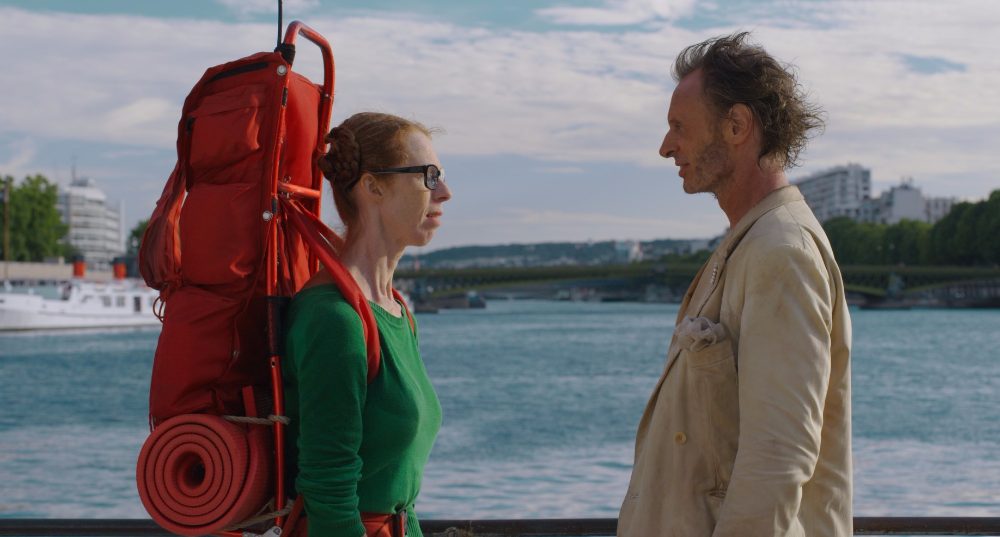
If anyone is nostalgic for the golden age of physical comedy, where logic simply doesn’t exist and a blissful ignorance is what they’re after, Lost in Paris is a perfect fit. In the fourth feature by directors and married couple Fiona Gordon and Dominique Abel, this independent comedy stays true to their signature slapstick style in defiance of the harsh world of modern cinema.
Gordon and Abel, performers at heart who only began dabbling in full-length features in the past decade, present audiences with a film reminiscent of the likes of Charlie Chaplin, Fred Karno, Buster Keaton, and other classics of the genre. Chock-full of meticulous pas de deux, cheesy step-dance interludes, and other markers of a studied slapstick motif, Lost in Paris is only one of a few movies in recent years that succeeds in encompassing a now obsolete method of filmmaking.
The story begins in snowy Canada, where Fiona (Gordon), a seemingly naïve librarian, receives a letter from her aunt, Martha (Emmanuelle Riva, Amour), who moved to Paris 30 years before. She is now “only” 88 years old and pleads for Fiona’s help to escape the throngs of nurses who are attempting to relocate her to a senior home. Unaware of when the letter was sent, Fiona then packs her inappropriately large camping bag topped with a high-reaching Canadian flag, and embarks on a journey to Paris to rescue her aunt.
As expected, nothing goes well for Fiona after her arrival, and a series of irrational events stunts her mission with every step. Along the way, she catches the attention of a charming (yet clearly a bit mad) homeless man named Dom (Abel). After finding her bag, he begins to follow her around like a flea. A batty woman reluctant to give up her freedom, Martha weaves and dodges her way through the city, narrowly missing Fiona and Dom until the last few minutes of the film.
One notable aspect is Emmanuelle Riva’s performance, as it was one of her last before sadly passing away last January. The BAFTA Award-winning actress brings a level of class and experience to her role as Martha, without which the picture may have lacked a particular spark.
The film slightly overstays its visit as the dance numbers run a tad too long, an intimate dream sequence leaves viewers a bit awkward, and the push for blatantly classic slapstick is somewhat obvious. For aficionados of the genre, however, it may very well be just what they’re seeking.
Lost in Paris lacks the depth or meaning that audiences typically desire, however the delightful visual aesthetics and playful intentions maintain its value as a welcome break from our age of cinematic violence and gloomy storylines.
Kari Megeed
Lost in Paris is released in selected cinemas on 24th November 2017.
Watch the trailer for Lost in Paris here:

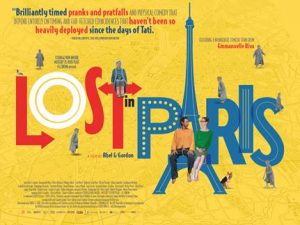
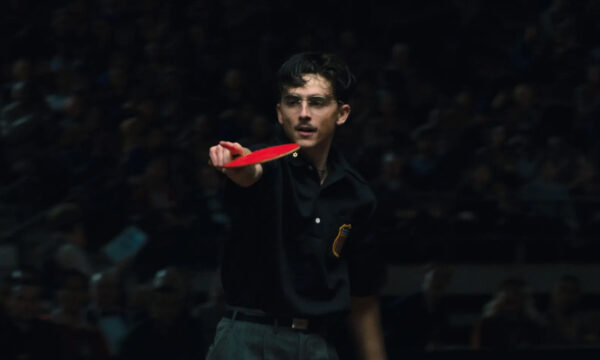
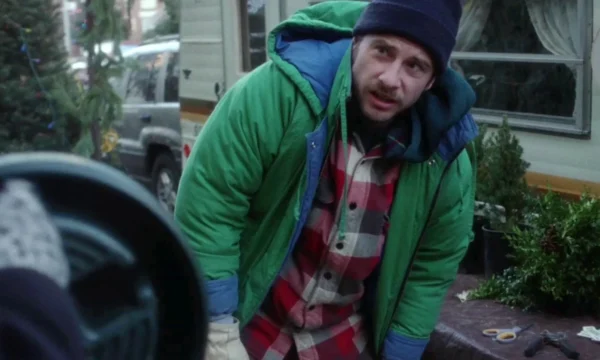


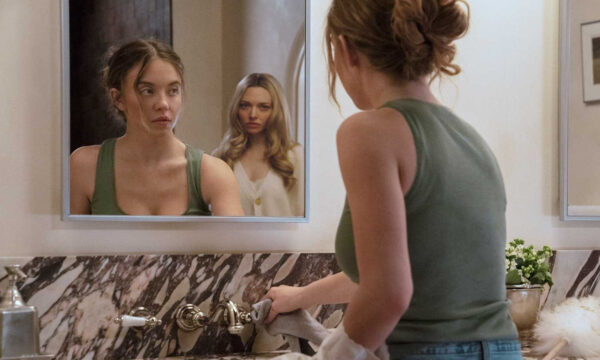
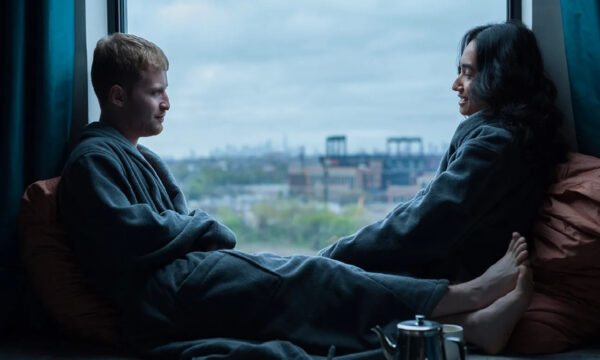
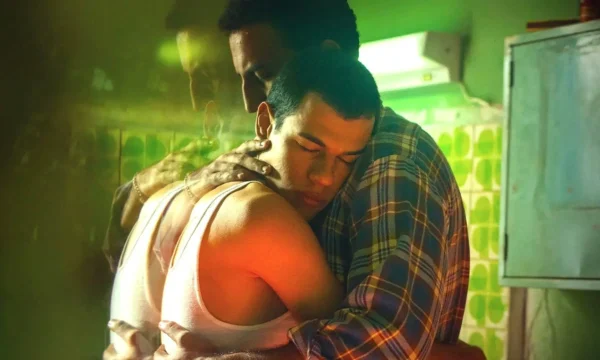


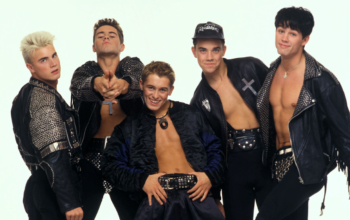








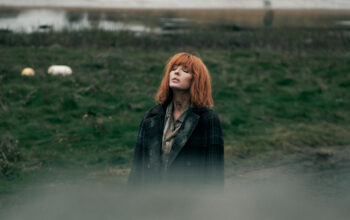

Facebook
Twitter
Instagram
YouTube
RSS